PEP 5

How high would you rate your stress levels right now?
Use the following image as a guide.
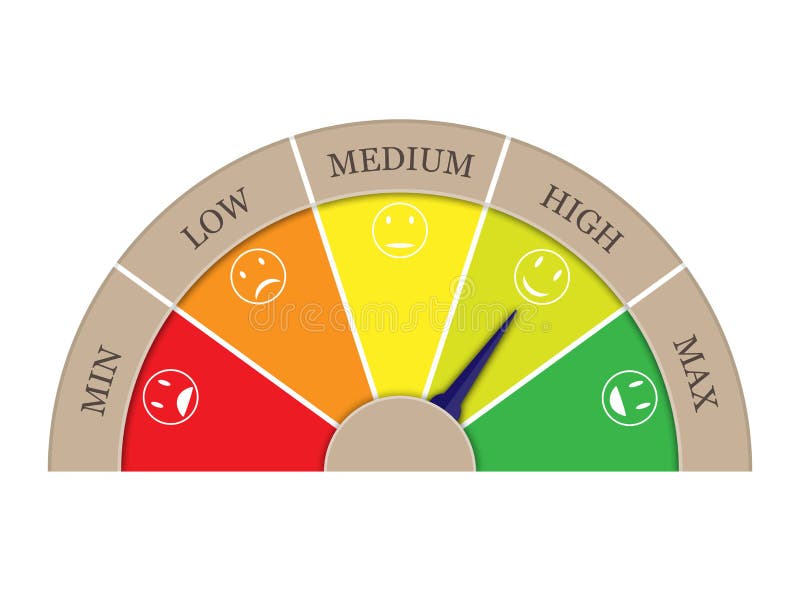
Your opinion about stress...
 "I have changed my mind about stress, and today I want to change yours"
"I have changed my mind about stress, and today I want to change yours"
Vocabulary ![]()
Spin the wheel and try to use the word you get in one question that is related with the topic of "embracing stress".
Ask your classmate that question and try to relate it the topic of the unit.
Choose a role to answer:
- A counselor helping students
- A psychologist (stress specialist)
- A work environment specialist
- A student who has experienced lots of stress
![]()
Focus on the stress students might feel, discuss with your group:
- What would be the best way for a student to deal with their stress?
- What coping mechanisms can you think of?
- Make a list with positive and negative ways one can choose to manage and reduce stress. Be ready to share with the class.
Main Actitivy

Kelly Mcgonigal is putting up a virtual support group to help each other out and share testimonies on how each of us handles stress.
Prepare a 3-minute speech where you share your testimony about your high-peak moments of stress and how you have handled them. Include stress in the work place, in your personal life, or any other moment that you remember. Be ready to share.
Some of you will be selected to either comment on a participant's testimony or ask them a question. You should have a question card and a participation card at the end of the seminar.
![]() Participation card (you must have at least 1)
Participation card (you must have at least 1)
![]() Question card (you must have at least 1)
Question card (you must have at least 1)
- INCLUDE VOCABULARY WORDS -
Is it natural to feel stress? Explain
To which extent is stress considered normal? When does it become dangerous for your health?
Listening activity, page 17 ![]()

In the listening, we learned about ways to deal with stress, bring your own ideas for the following activity:
How do you deal with stress?
Draw at least 5 cards and talk about one of the following:
1. A high-peak moment of stress you had and how you dealt with it.
2. Your best ways to deal with stress generally.

What are, from your perspective, the most stressful jobs?
What are the least stressful jobs?
What determines whether an occupation is stressful or stressfree?
![]()
Choose the best answer. When you finish, answer the questions with your team.
VERBS FOLLOWED BY GERUNDS AND INFINITIVES

ADVICING THE STRESSED ONES. 
In the padlet blog, give advice to the most stressful jobs. With your group, write one thing that each profession can do to feel less stress.
Include some of these:
Consider + -ing verb Imagine + -ing verb Enjoy + -ing verb Stop + -ing verb
Plan + to + verb Expect + to + verb Hope + to + verb Encourage + to + verb
Like Love Hate Continue Start + ing or to verb
Extra practice
Student A: Click HERE.
Student B: Click HERE.
![]()
As a preview for the TED talk we are going to watch, work on the following true-false activity with your classmates.
1. Chronic stress can cause serious health problems. T F
2. The way you view stress can transform the way your body reacts to it. T F
3. Stressful experiences can increase your chances of dying by 30 percent T F
4. People who are closer to their loved ones live relatively stress-free lives. T F
5. Viewing stress differently could even make it feel like joy. T F
6. Isolating yourself in moments of stress could be a good way to cope with it. T F
 How to make stress your friend?
How to make stress your friend?
PREDICT:
What do you predict she will say? How can we turn stress into a friend?

Work with your classmates on creating a plan for the cases presented on page 24 of your book.
Find instructions HERE.
ROLE PLAY.
Find the instructions of the role play HERE.

Your Own Radio Show
You and your classmates will develop an interview in a radio show.
The topic is stress in the work place.
Roles:
Role 1: Journalist (radio host). You will lead the conversation and ask questions to the experts and guests. Make sure to integrate people and to get their input on the the topic. Give a name to your show.
Role 2: psychologist expert on work stress. You will present strategies to cope with stress better, activities that can help, and different mechanisms to relieve stress. Answer the questions of the host and guests.
Role 3: you are a person with a stressful job who will call in to the radio show and ask for advice on how to reduce your stress levels

How high would you rate your stress levels right now?
Use the following image as a guide.

Your opinion about stress...
 "I have changed my mind about stress, and today I want to change yours"
"I have changed my mind about stress, and today I want to change yours"
Vocabulary ![]()
Spin the wheel and try to use the word you get in one question that is related with the topic of "embracing stress".
Ask your classmate that question and try to relate it the topic of the unit.
Choose a role to answer:
- A counselor helping students
- A psychologist (stress specialist)
- A work environment specialist
- A student who has experienced lots of stress
![]()
Focus on the stress students might feel, discuss with your group:
- What would be the best way for a student to deal with their stress?
- What coping mechanisms can you think of?
- Make a list with positive and negative ways one can choose to manage and reduce stress. Be ready to share with the class.
Is it possible to live a stress-free life?
To which extent is stress considered normal? When does it become dangerous for your health?
Why is it important to learn to effectively manage stress.
Use THESE expressions in your conversation.
Listening activity, page 17 ![]()

In the listening, we learned about ways to deal with stress, bring your own ideas for the following activity:
How do you deal with stress?
Draw at least 5 cards and talk about one of the following:
1. A high-peak moment of stress you had and how you dealt with it.
2. Your best ways to deal with stress generally.

What are, from your perspective, the most stressful jobs?
What are the least stressful jobs?
What determines whether an occupation is stressful or stressfree?
![]()
Choose the best answer. When you finish, answer the questions with your team.
VERBS FOLLOWED BY GERUNDS AND INFINITIVES

ADVICING THE STRESSED ONES. 
In the padlet blog, give advice to the most stressful jobs. With your group, write one thing that each profession can do to feel less stress.
Include some of these:
Consider + -ing verb Imagine + -ing verb Enjoy + -ing verb Stop + -ing verb
Plan + to + verb Expect + to + verb Hope + to + verb Encourage + to + verb
Like Love Hate Continue Start + ing or to verb
![]() Extra practice
Extra practice
Student A: Click HERE.
Student B: Click HERE.
Main Actitivy

Kelly Mcgonigal is putting up a virtual support group to help each other out and share testimonies on how each of us handles stress.
Prepare a 3-minute speech where you share your testimony about your high-peak moments of stress and how you have handled them. Include stress in the work place, in your personal life, or any other moment that you remember. Be ready to share.
Some of you will be selected to either comment on a participant's testimony or ask them a question. You should have a question card and a participation card at the end of the seminar.
![]() Participation card (you must have at least 1)
Participation card (you must have at least 1)
![]() Question card (you must have at least 1)
Question card (you must have at least 1)
- INCLUDE VOCABULARY WORDS AND GRAMMAR -

Generations
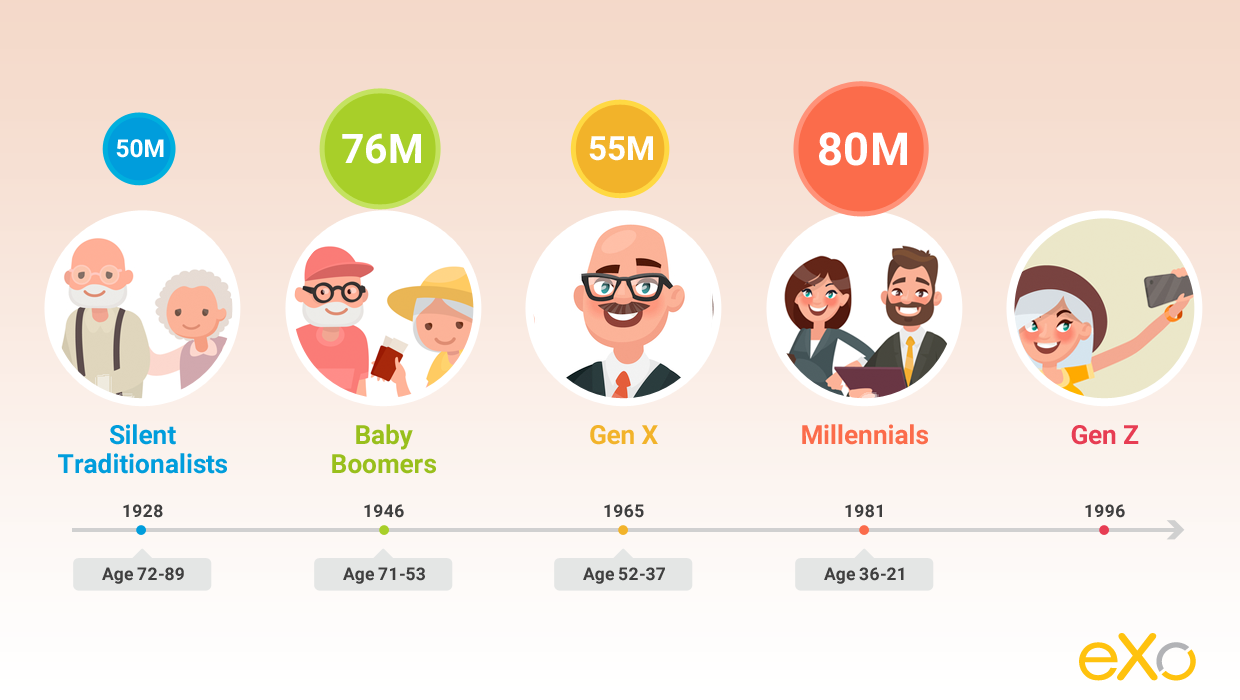
What generation are you part of?
What characteristics do you take from your generation?
What can be the relationship between being part of a generation and your stress management?
St A: Millenials
St B: Boomers
St C: Gen X
![]()
As a preview for the TED talk we are going to watch, work on the following true-false activity with your classmates.
1. Chronic stress can cause serious health problems. T F
2. The way you view stress can transform the way your body reacts to it. T F
3. Stressful experiences can increase your chances of dying by 30 percent T F
4. People who are closer to their loved ones live relatively stress-free lives. T F
5. Viewing stress differently could even make it feel like joy. T F
6. Isolating yourself in moments of stress could be a good way to cope with it. T F
 How to make stress your friend?
How to make stress your friend?
PREDICT:
What do you predict she will say? How can we turn stress into a friend?

Work with your classmates on creating a plan for the cases presented on page 24 of your book.
Find instructions HERE.

Your Own Radio Show
You and your classmates will develop an interview in a radio show.
The topic is stress in the work place.
Roles:
Role 1: Journalist (radio host). You will lead the conversation and ask questions to the experts and guests. Make sure to integrate people and to get their input on the the topic. Give a name to your show.
Role 2: psychologist who studied under Kelly Mcnonigal's idea on expert on stress. You will present strategies to cope with stress better, activities that can help, and different mechanisms to relieve stress. Answer the questions of the host and guests.
Role 3: you are a person with a stressful job who will call in to the radio show and ask for advice on how to reduce your stress levels
______________________________________________________________________________
U 2

M O V I E C H A L L E N G E ![]()
Click HERE to see a list of movies represented by emojis.
Which movies are there?
Then, click HERE to see the answers.
![]() Discussion
Discussion
What type of movies did you like when you were a child or a teenager?
What is your favorite type of movie now?
What was your favorite movie growing up? Explain why.
Discuss the following statement: "Movies affect people's attitudes and behaviour"
VOCABULARY 
![]() We will build word clouds with our classmates in breakout rooms.
We will build word clouds with our classmates in breakout rooms.
VOCABULARY PRACTICE
Practice the words by making questions. In the first wheel, see which question you have to make; in the second wheel, see which word you should use.
MAIN ACTIVITY. 
Mini presentation.
The class is putting up a movie club. Choose one movie that you find has a many lessons to learn from; one movie that particularly marked you on some form.
Include:
- Genre
- Actors, year of premiere, etc
- Sinopsis
- What you learned from it

DISCUSS
Can movies have anything to do with career choices?
How could they be related?
Skim THIS article.
Do you know any of those movies?
Has a movie / series ever helped you to make an important decision like what to study?

THE MEDIA AND THE MIND 
What possible effects does the media have on us?
What is, from your perspective, the balance between positive and negative effects?
Have you ever experienced either? Which?
Watch the following video and build 2 questions to discuss with classmats in breakout rooms.
![]()
Movies and the mind
What positive effects could movies have?
What negative effects could movies have?
What could be the relationship between movie genres and its effect on people's minds.
TABOO
 To play taboo, you have avoid mentioning the words that are in the card.
To play taboo, you have avoid mentioning the words that are in the card.

GRAMMAR CLUE 
Open THIS image. Correct the mistakes, if any.


Extra Practice

Movies and gender
Open THIS image.
What does the image represent?
Predict how the roles for men and women are in the majority of movies. Create one hypothesis and be ready to share it with the class
![]()
How are men and women usually portrayed in movies?
Read the following infographic with your groups.
How can we measure that movies portray women correctly?
MAIN ACTIVITY.
MOVIE CLUB 
Mini presentation.
The class is putting up a movie club. Choose one movie that you find has many lessons to learn from; one movie that particularly marked you on some form.
Include:
- Genre
- Actors, year of premiere, etc
- Plot
- What you learned from it
![]()

Then, choose one movie and put it to the test. Apply the Bechdel test to the movie, and if it doesn't pass it, analyze:
- Why does the movie not pass the test?
- What is it missing for it to be acceptable?
- Make a new plot for the movie that could make it better from the perspective of the test. Then, analyze the general importance of the test and who benefits from it (consider strenghts, weaknesses, and possible areas of improvement of the Bechdel test.)
PODCAST
Does the media have a negative impact on people's minds?
You will be recording a podcast that will include a lively discussion about the idea of movies and their effect on people's minds (especially children).
Each of you will have a role to fulfill, and you should all prepare questions and comments to make during the podcast.
St A: psychologist focused on negative side THIS
Prepate arguments for the negative side.
Mention why movies affect negatively people's thoughts and conducts.
Talk about what to do to tackle this.
St B: psychologist focused on positive side THIS
Prepare arguments for the positive side.
Mention why movies affect positively people's thoughts and conducts.
Talk about benefits of movies and the media.
St C: Podcast host (watch this THIS)
Watch the video and prepare enough questions you could ask to both psychologists.
Lead the conversation.
Conclude by stating your own opinion about the matter based on what you heard in the podcast discussion.
WARM UP
NON-DEFINING
DEFINING RELATIVE CLAUSES

GENDER AND MOVIES
Do you think movies portray gender differently? If yes, how? If not, why?
How are men and women usually portrayed in movies?
Read the following infographic with your groups.
What is your opinion about it?
MAIN ACTIVITY
Create a test ![]()
Find instructions HERE.
WARM UP
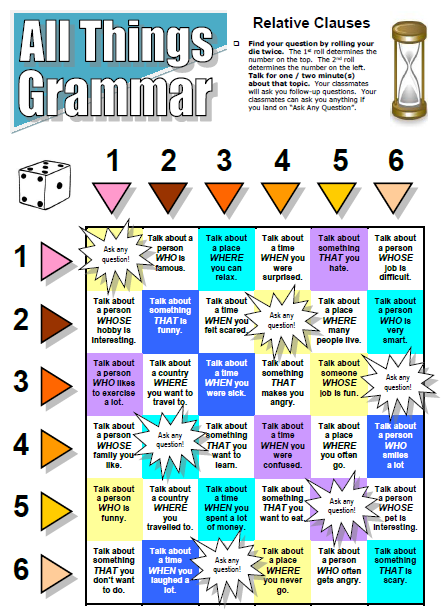

Movies and gender
Open THIS image.
What does the image represent?
Predict how the roles for men and women are in the majority of movies. Create one hypothesis and be ready to share it with the class
![]()
How are men and women usually portrayed in movies?
Read the following infographic with your groups.
How can we measure that movies portray women correctly?
MAIN ACTIVITY.
MOVIE CLUB 
Mini presentation.
The class is putting up a movie club. Choose one movie that you find has many lessons to learn from; one movie that particularly marked you on some form.
Include:
- Genre
- Actors, year of premiere, etc
- Plot
- What you learned from it
![]()

Then, choose one movie and put it to the test. Apply the Bechdel test to the movie, and if it doesn't pass it, analyze:
- Why does the movie not pass the test?
- What is it missing for it to be acceptable?
- Make a new plot for the movie that could make it better from the perspective of the test. Then, analyze the general importance of the test and who benefits from it (consider strenghts, weaknesses, and possible areas of improvement of the Bechdel test.)

M O V I E C H A L L E N G E ![]()
Click HERE to see a list of movies represented by emojis.
Which movies are there?
Then, click HERE to see the answers.
![]() Discussion
Discussion
What type of movies did you like when you were a child or a teenager?
What is your favorite type of movie now?
What was your favorite movie growing up? Explain why.
Discuss the following statement: "Movies affect people's attitudes and behaviour"
VOCABULARY 
![]() We will build word clouds with our classmates in breakout rooms.
We will build word clouds with our classmates in breakout rooms.
VOCABULARY PRACTICE
Practice the words by making questions. In the first wheel, see which question you have to make; in the second wheel, see which word you should use.

DISCUSS
Can movies have anything to do with career choices?
How could they be related?
Skim THIS article.
Do you know any of those movies?
Has a movie / series ever helped you to make an important decision like what to study?
MAIN ACTIVITY. 
Mini presentation.
The class is putting up a movie club. Choose one movie that you find has a many lessons to learn from; one movie that particularly marked you on some form.
Include:
- Genre
- Actors, year of premiere, etc
- Sinopsis
- What you learned from it

THE MEDIA AND THE MIND 
What possible effects does the media have on us?
What is, from your perspective, the balance between positive and negative effects?
Have you ever experienced either? Which?
Watch the following video and build 2 questions to discuss with classmats in breakout rooms.
![]()
Movies and the mind
What positive effects could movies have?
What negative effects could movies have?
What could be the relationship between movie genres and its effect on people's minds.
TABOO
 To play taboo, you have avoid mentioning the words that are in the card.
To play taboo, you have avoid mentioning the words that are in the card.

GRAMMAR CLUE 
Open THIS image. Correct the mistakes, if any.


Extra Practice

Movies and gender
Open THIS image.
What does the image represent?
Predict how the roles for men and women are in the majority of movies. Create one hypothesis and be ready to share it with the class
![]()
How are men and women usually portrayed in movies?
Read the following infographic with your groups.
How can we measure that movies portray women correctly?
MAIN ACTIVITY.
MOVIE CLUB 
Mini presentation.
The class is putting up a movie club. Choose one movie that you find has many lessons to learn from; one movie that particularly marked you on some form.
Include:
- Genre
- Actors, year of premiere, etc
- Plot
- What you learned from it
![]()

Then, choose one movie and put it to the test. Apply the Bechdel test to the movie, and if it doesn't pass it, analyze:
- Why does the movie not pass the test?
- What is it missing for it to be acceptable?
- Make a new plot for the movie that could make it better from the perspective of the test. Then, analyze the general importance of the test and who benefits from it (consider strenghts, weaknesses, and possible areas of improvement of the Bechdel test.)
WARM UP


Are superheroesgood role models for children/teenagers? Explain
What effect could they have in people's behavior?
Predict what the reading could be about.
![]()
Everybody will read the first three paragraphs.
Then:
St A, from "superheroes may have.." to "classroom together"
St B, from "other psychologists" to the end "like Superman".
MAIN ACTIVITY
Create a test ![]()
Find instructions HERE.
______________________________________________________________________________
U 3

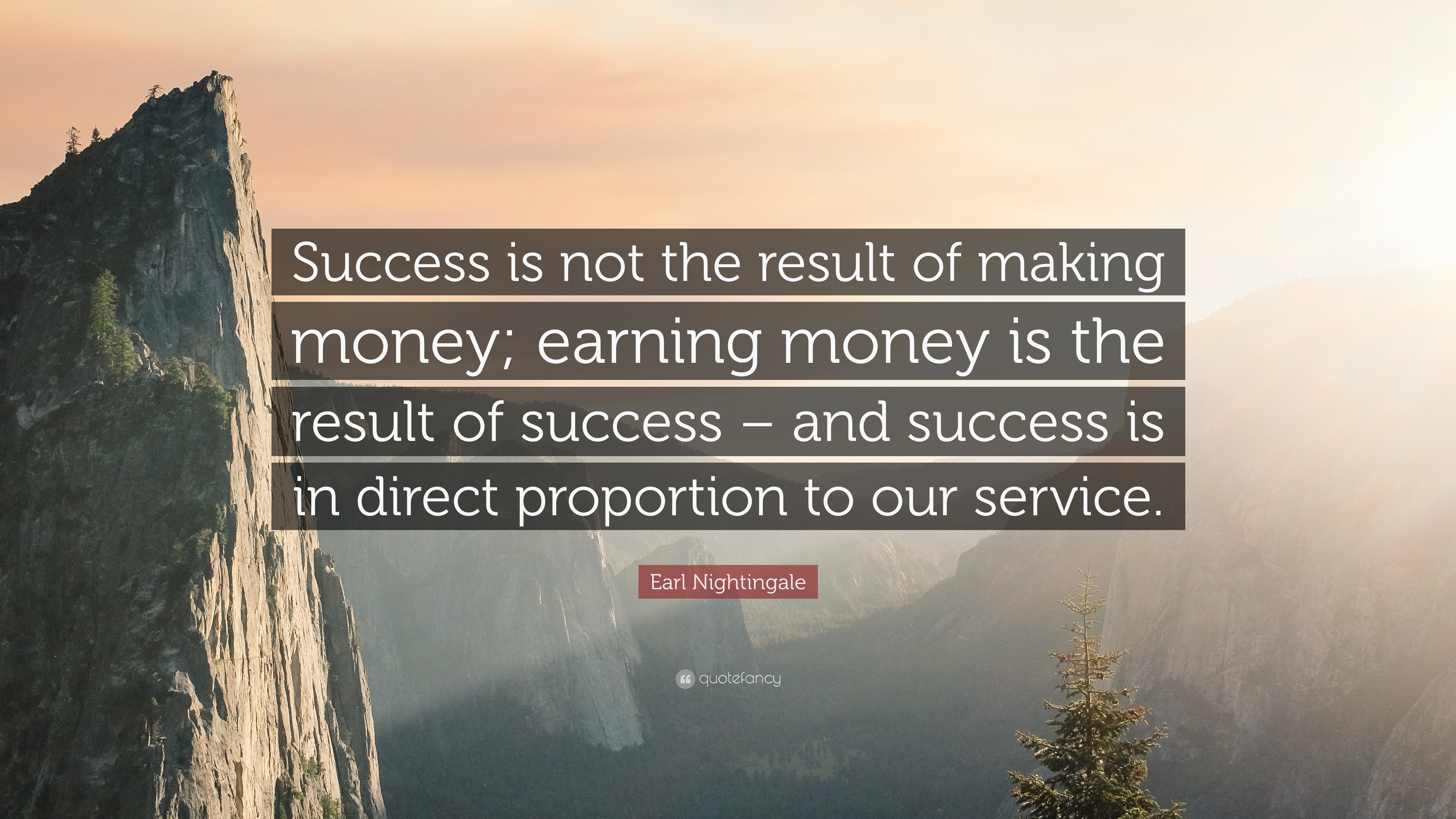


Create a quote with your team. Be ready to share with class.
![]()
DEVELOPMENT
From your view, is the world's population growing too fast or too slowly? Why?
How could the rapid growth affect the world we live in?
Does that rapid growth affect people in any way? If yes, how? If no, why?
VOCABULARY ![]()
Answer:
What is your goal in life?
In your answers, include words from HERE and HERE.
![]()
Listen to your classmates, ask them at least one questoion about the goal they mentioned.
Example: "My goal is to have great aspirations in life and to have my priorities straight, which will let me live happily."
Question: What would you need to achieve that?
VOCABULARY PRACTICE
In groups, work on the advantages and disadvantages of altruism and volunteering.
Present good arguments for both sides. At the end, choose the side that you feel more identified with.

If someone wanted to work with international development of communities. what skills would they need? Make a list of abilities needed.
Could you get a job in international development? Why?
![]() After listening:
After listening:
Let's pretend that you are interested in working on international development alongside Linda Steinbok, If you could interview her, what would you ask her? What would she answer.
Mini Role Play:
Student A: Linda Steinbock, expert on international development, altruism, and volunteering with children.
Student B: interviewee interested on working on this area.
![]() You will play both roles, each interaction must last 5 minutes.
You will play both roles, each interaction must last 5 minutes.
USE THE WORDS FROM THE ACTIVITY BELOW:
(Draw the cards and include them in your speech as you talk)
MAIN ACTIVITY ![]()
We are in a meeting to choose a volunteering program from Latin America.
Each of you is representing the programs from your country.
Choose one program to talk about it in break out rooms. Try to convince classmates to participate in it.
Mention:
- Mision and vision
- Duration of the program
- Special requirements (age, college degree, language, etc)
- Tasks that are needed to do
- What/who will be benefited from it
Include as many vocabulary words as possible. Also, include addition words.

What are the world's largest economies, from your point of view?
What are advantages and disadvantages of being one of the biggest economies?
Make a list with the 10 giants of the world's economy. Be ready to share.
NEVER HAVE I EVER... money edition.
Work with your classmates. Answer with "I have..." or "I haven't/have never..." for each of the statements.
![]() What's the difference?
What's the difference?
I have been saving money to travel to Europe on the summer.
I have saved money to travel before.
1. Present Perfect vs 2. Present Perfect Continous
Prepare a small explanation of when we can use the verb tense assigned. Give some examples of its use related with the topic of money, budgets, economy, etc

WARM UP:
Do the honeycomb challenge, click on "here":
![]()

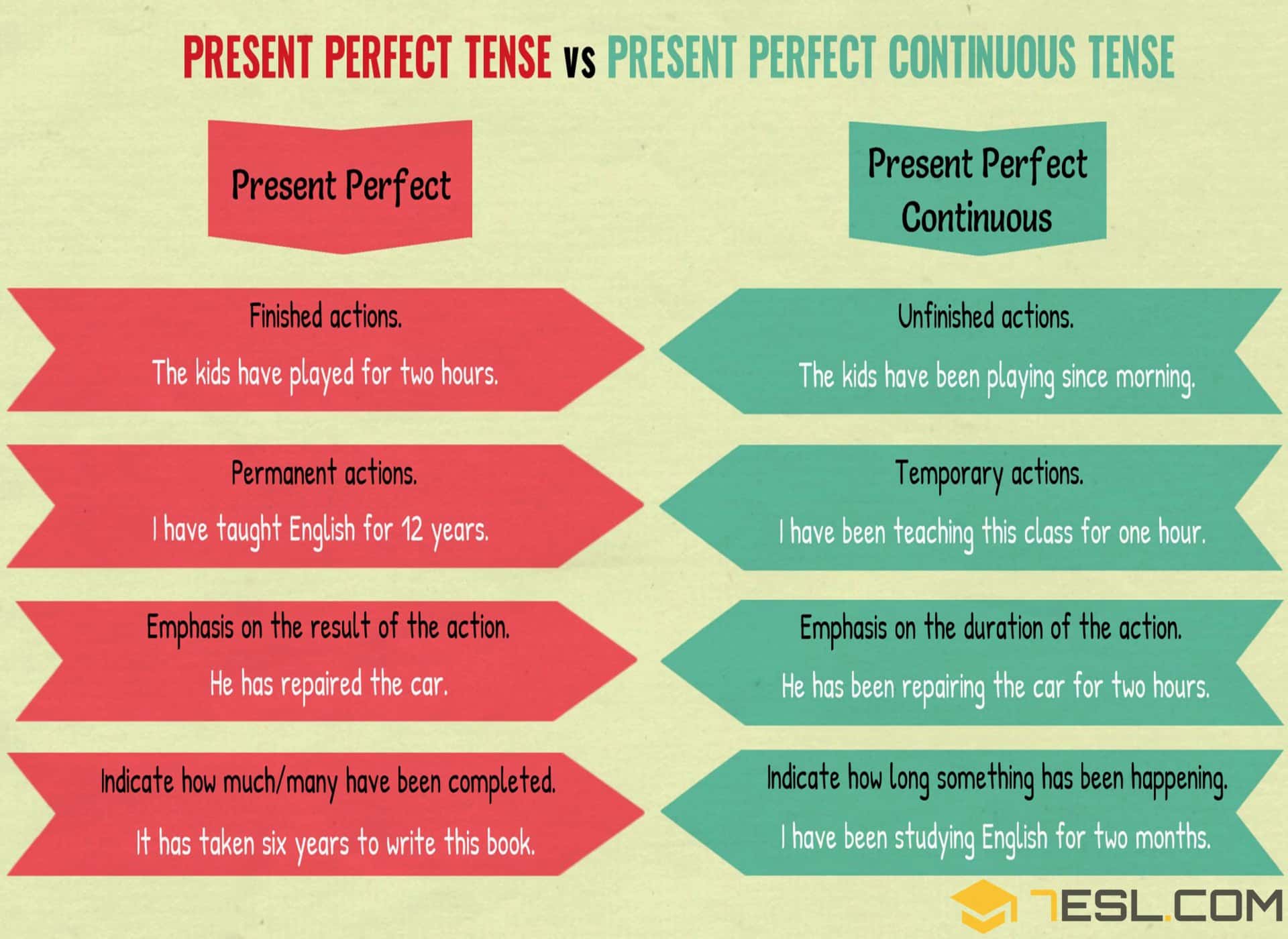

![]() Conversation
Conversation
Edit THIS jamboard in the number of slide given to you. Write down at least 3 questions in present perfect or present perfect continous. They must be about the topic of money, personal finances, economy, etc.

Grammar Review
NUMBER 1
NUMBER 2
Main Activity 
Each student will become an expert on a topic related with the idea of budgets and personal finances.
Watch the video assigned, take notes, and be ready to explain what you have learned from it.
Then, after having watched the video, you have two choices:

1. Create a do's and don'ts list about managing personal finances and be ready to share with classmates.

2. Create a possibility for a budget. Include approximate percentages, needs, and priorities.

Discuss 
Does happiness depend on wealth? Explain
Do you think that wealthy people are happier?
There are theories that say that having money makes us happy; other theories say that money does not determine happiness. Where do you stand?What, according to your perception, determines happiness?
You will have 5 minutes to skim the reading on your book.
Then, explain what you understood to your classmates.
Do exercises A-B-A.
MAIN ACTIVITY
Debate
![]()
St A: an economist that thinks that money does get happiness. Prepare arguments to convince people that money buys happiness.
- Present data to prove this (you may use information studied in class – like the reading, or you may find extra information on the internet.
- Give examples to support your view.
- Challenge the views of the other members.

St B: a sociologist that thinks money cannot buy happiness. Present arguments to convince people that money does not get happiness.
- Present data to prove this (you may use information studied in class – like the reading, or you may find extra information on the internet.
- Give examples to support your view.
- Challenge the views of the other members.
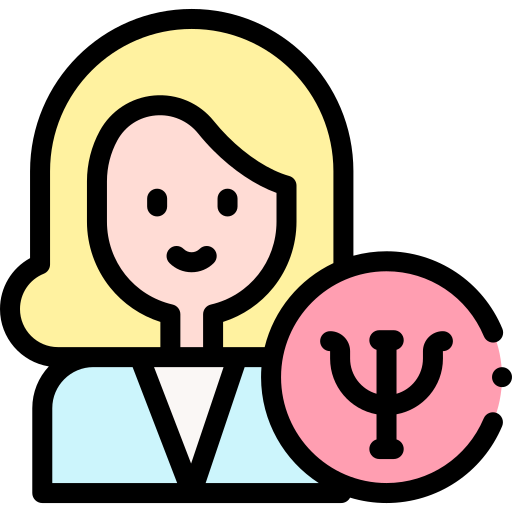
St C: a psychologist that is trying to get a stand on the topic. You will mediate the debate.
- Listen to both experts and ask plenty of questions
- Prepare questions for both sides to get the best arguments from them. Make sure to take notes and keep asking questions.
- Decide who gave you more convincing arguments.
Rounds:
1. St A presents first arguments
2. St B presents first arguments.
3. Moderator asks first question to both.
4. St A answers first and then St B.
5. Moderator asks second question to both.
6. St B answers first and then St A.
7. Both A and B present their last arguments.
8. Moderator chooses a side.
You will prepare with the people that share your samw view, then you will split into BOR.
Note: In the TED talk, the speaker used prompts to explain his points. Find at least one prompt you can use to develop your points.
-INCLUDE GRAMMAR AND VOCABULARY STUDIED IN CLASS -
Spin the wheels.
Number 1 will indicate a certain grammar you shall use.
Number 2 will indicate a word you must integrate
When having a conversation, sometimes we want to add extra ideas to our main points. Previously, we studied phrases to show contrast. Find here some to express addition.
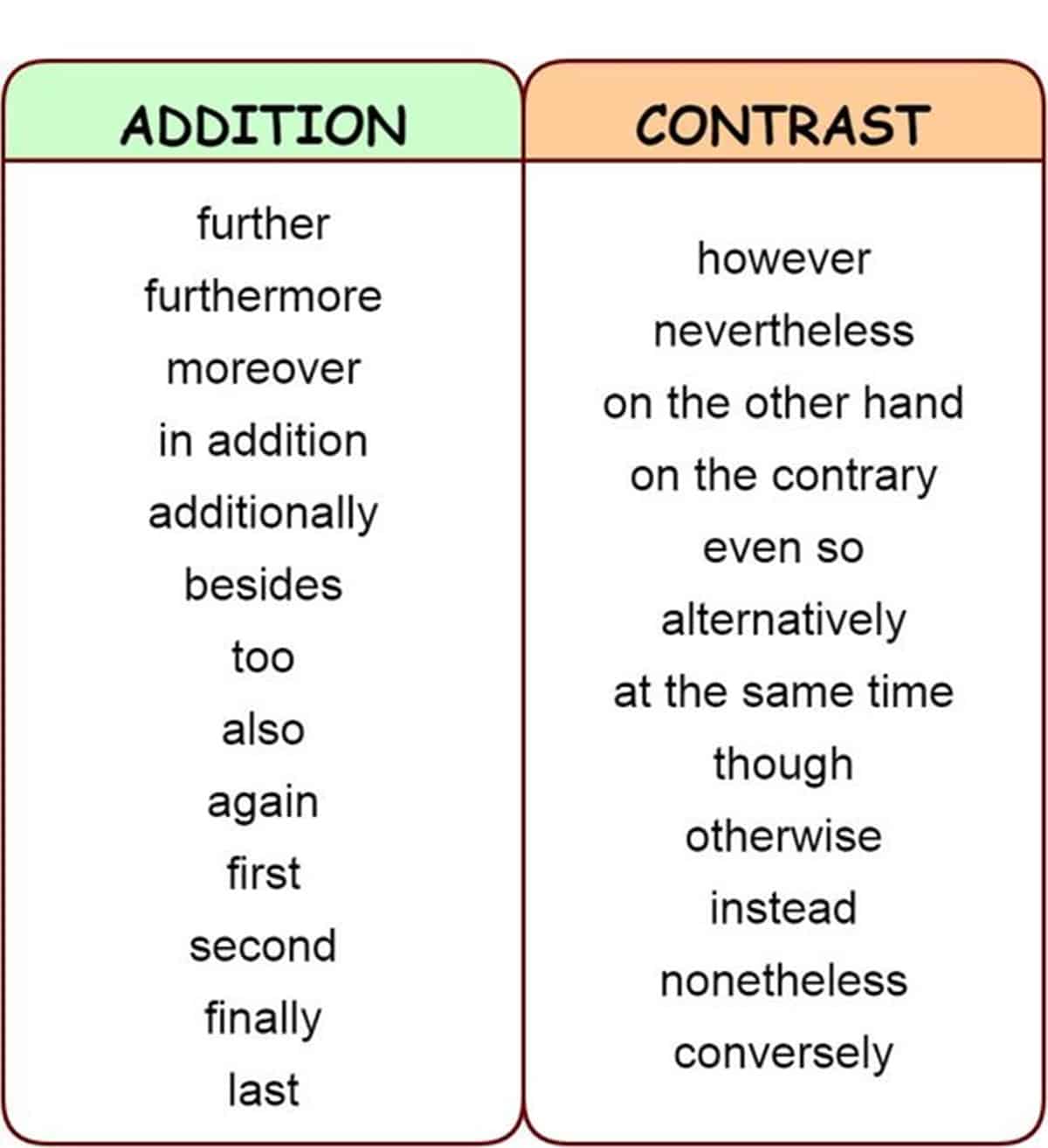
 Build three questions related to what we read in the text and heard in the video.
Build three questions related to what we read in the text and heard in the video.
Answer using the vocabulary and the addition phrases.
1.
2.
3.
PRACTICE THE FOLLOWING CONVERSATION:

Practice HERE.
Conversation Activity:
Give to your group the best financial advice you have for people.
Talk about: saving, priorities, budgets, and ways to make the most out of money.
Main Activity
Panel Discussion to create the best way to organize finances and still get to save a little.
Roles:
- Economist
- Budget Manager
- House Keeper (expert on domestic expenses).
Each of you wil give their opinion on how to best manage one's finances and still get to save a little every month. Together, build a possibility of a budget people can have. Give examples.
Be ready to share with the class.
You might write down the budget and share the screen to show us what you did
Role Play Practice ![]()
1. St A: you are psycholgyb student | St B: you are a stress specialist
Discuss:
- Kelly Mcgonigal's view on stress (whether is good or not to view it like that).
- What happens if you start to view stress like that.
- Ways of coping with work-related stress
- Give your perspectives (from student and specialist) on how stress can be managed correctly
2. St A: Career Counselor: you will explain the most stressful jobs in the infographic. Mention what makes them be in that category. Give your opinion about them.
St B: Wellness Coach. you will explain the least stressful jobs in the infographic. Mention what makes them be in that category. Give your opinion about them.
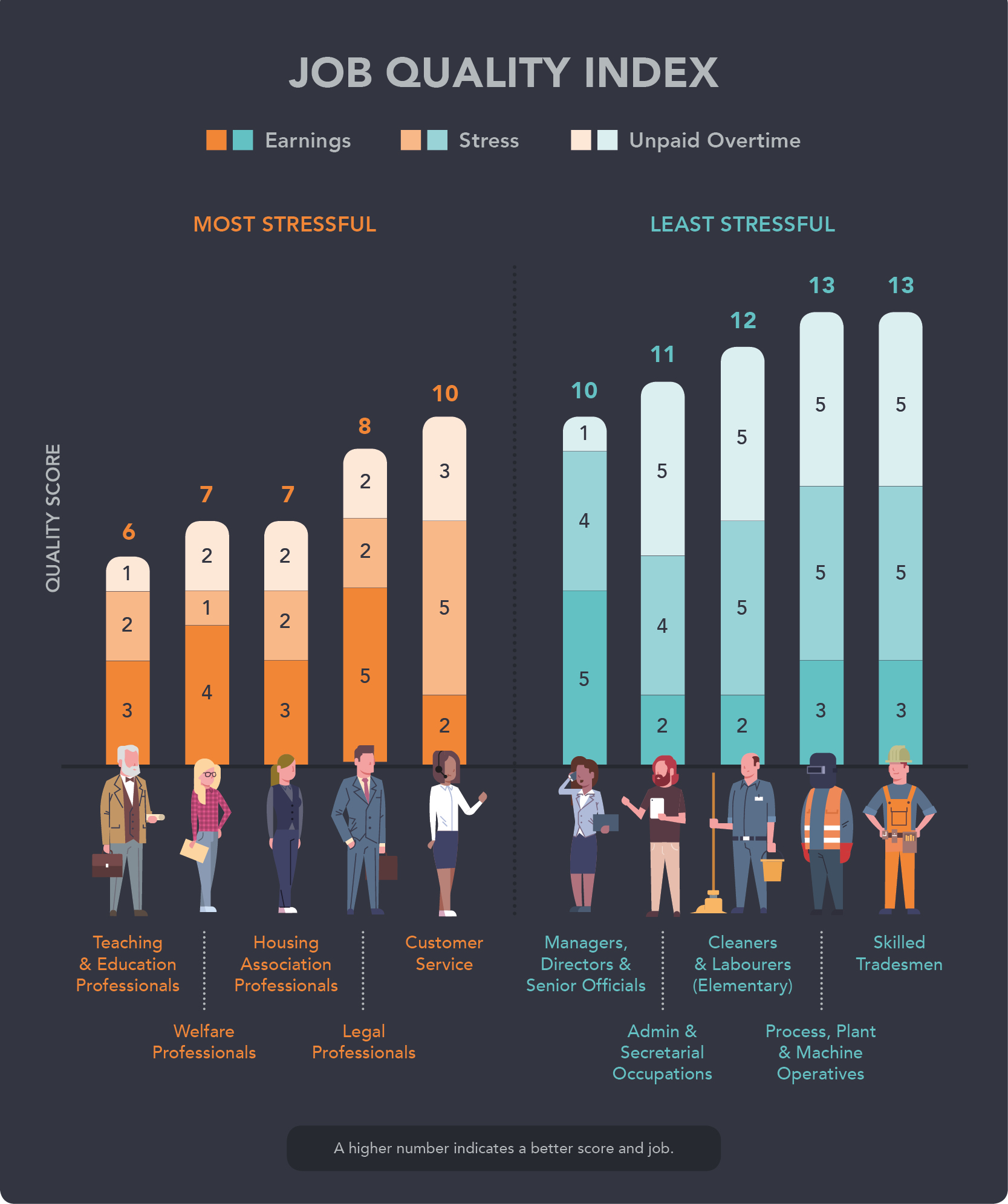
3. St A: An expert movie reviewer | St B: A Media Journalist
Choose a movie that you haven't discussed in class before. Apply the Bechdel test to it and discuss the results with the person you have.
Bechdel Test:
1. Are there at least two women in the film that have
speaking parts?
2. Do they talk to each other?
3. Do they talk about something other than a man?
4. Does the movie pass the Bechdel Test?
3. St A: An expert movie reviewer: You think some movie plots are very controversial and should not even be on the movie theaters. You care a lot about what is portrayed through those movies. Talk about positive and negative influences movies can have.
St B: You are an actor that has participated in many movies. Give your opinion on whether movies can actually have an influence on people. Talk about the different genres of movies you have been on.




Create a quote with your team. Be ready to share with class.
![]()
DEVELOPMENT
From your view, is the world's population growing too fast or too slowly? Why?
How could the rapid growth affect the world we live in?
Does that rapid growth affect people in any way? If yes, how? If no, why?
VOCABULARY ![]()
Answer:
What is your goal in life?
In your answers, include words from HERE and HERE.
![]()
Listen to your classmates, ask them at least one questoion about the goal they mentioned.
Example: "My goal is to have great aspirations in life and to have my priorities straight, which will let me live happily."
Question: What would you need to achieve that?
VOCABULARY PRACTICE
In groups, work on the advantages and disadvantages of altruism and volunteering.
Present good arguments for both sides. At the end, choose the side that you feel more identified with.

If someone wanted to work with international development of communities. what skills would they need? Make a list of abilities needed.
Could you get a job in international development? Why?
![]() After listening:
After listening:
Let's pretend that you are interested in working on international development alongside Linda Steinbok, If you could interview her, what would you ask her? What would she answer.
Mini Role Play:
Student A: Linda Steinbock, expert on international development, altruism, and volunteering with children.
Student B: interviewee interested on working on this area.
![]() You will play both roles, each interaction must last 5 minutes.
You will play both roles, each interaction must last 5 minutes.
USE THE WORDS FROM THE ACTIVITY BELOW:
(Draw the cards and include them in your speech as you talk)
MAIN ACTIVITY ![]()
We are in a meeting to choose a volunteering program from Latin America.
Each of you is representing the programs from your country.
Choose one program to talk about it in break out rooms. Try to convince classmates to participate in it.
Mention:
- Mision and vision
- Duration of the program
- Special requirements (age, college degree, language, etc)
- Tasks that are needed to do
- What/who will be benefited from it
Include as many vocabulary words as possible. Also, include addition words.

If someone wanted to work with international development of communities. what skills would they need? Make a list of abilities needed.
Could you get a job in international development? Why?
![]() After listening:
After listening:
Let's pretend that you are interested in working on international development alongside Linda Steinbok, If you could interview her, what would you ask her? What would she answer.
Mini Role Play:
Student A: Linda Steinbock, expert on international development, altruism, and volunteering with children.
Student B: interviewee interested on working on this area.
![]() You will play both roles, each interaction must last 5 minutes.
You will play both roles, each interaction must last 5 minutes.
USE THE WORDS FROM THE ACTIVITY BELOW:
(Draw the cards and include them in your speech as you talk)

What are the world's largest economies, from your point of view?
What are advantages and disadvantages of being one of the biggest economies?
Make a list with the 10 giants of the world's economy. Be ready to share.
NEVER HAVE I EVER... money edition.
Work with your classmates. Answer with "I have..." or "I haven't/have never..." for each of the statements.
![]() What's the difference?
What's the difference?
I have been saving money to travel to Europe on the summer.
I have saved money to travel before.
1. Present Perfect vs 2. Present Perfect Continous
Prepare a small explanation of when we can use the verb tense assigned. Give some examples of its use related with the topic of money, budgets, economy, etc
![]()

WARM UP:
Do the honeycomb challenge, click on "here":
![]()



![]() Conversation
Conversation
Edit THIS jamboard in the number of slide given to you. Write down at least 3 questions in present perfect or present perfect continous. They must be about the topic of money, personal finances, economy, etc.

Grammar Review
NUMBER 1
NUMBER 2
Main Activity 
Each student will become an expert on a topic related with the idea of budgets and personal finances.
Watch the video assigned, take notes, and be ready to explain what you have learned from it.
Then, after having watched the video, you have two choices:

1. Create a do's and don'ts list about managing personal finances and be ready to share with classmates.


Discuss 
Does happiness depend on wealth? Explain
Do you think that wealthy people are happier?
There are theories that say that having money makes us happy; other theories say that money does not determine happiness. Where do you stand?What, according to your perception, determines happiness?
Do THIS with classmates in BORs.
MAIN ACTIVITY
Debate
![]()
St A: an economist that thinks that money does get happiness. Prepare arguments to convince people that money buys happiness.
- Present data to prove this (you may use information studied in class – like the reading, or you may find extra information on the internet.
- Give examples to support your view.
- Challenge the views of the other members.

St B: a sociologist that thinks money cannot buy happiness. Present arguments to convince people that money does not get happiness.
- Present data to prove this (you may use information studied in class – like the reading, or you may find extra information on the internet.
- Give examples to support your view.
- Challenge the views of the other members.

St C: a psychologist that is trying to get a stand on the topic. You will mediate the debate.
- Listen to both experts and ask plenty of questions
- Prepare questions for both sides to get the best arguments from them. Make sure to take notes and keep asking questions.
- Decide who gave you more convincing arguments.
Rounds:
1. St A presents first arguments
2. St B presents first arguments.
3. Moderator asks first question to both.
4. St A answers first and then St B.
5. Moderator asks second question to both.
6. St B answers first and then St A.
7. Both A and B present their last arguments.
8. Moderator chooses a side.
You will prepare with the people that share your samw view, then you will split into BOR.
Note: In the TED talk, the speaker used prompts to explain his points. Find at least one prompt you can use to develop your points.
-INCLUDE GRAMMAR AND VOCABULARY STUDIED IN CLASS -



Try to relate these two images with the what you studied in the TED talk.
![]() Then, discuss THIS with classmates.
Then, discuss THIS with classmates.
__________________________________________________________________________________
U 4

LIAR LIAR!
Ask your classmates questions to find out if they are lying or not.

Watch the following video:
Answer:
Do you consider yourself a good liar? Why?
Can lies be justified at some point? When? Give examples
Do you think that we should always be completely honest? (in jobs, relationships, etc)
Vocabulary ![]()
GROUP DISCUSSION ![]()
We are having a group discussion about whether it is convenient to "stretch the truth" in job interviews and other scenarios.
Each of you should participate at least three times (speaker card).
Answer:
Is it convenient sometimes to lie in job interviews? Justify your answer.
When do you consider that lying is good? Give examples.
Would you lie to a love partner, friend, or family member? Explain.
For each participation, take 1 minute to 1:30 minute to answer.
![]() Participation card (you must have at least 2)
Participation card (you must have at least 2)
![]() Question card (you must have at least 1)
Question card (you must have at least 1)
 S O C I A L M E D I A L I E S
S O C I A L M E D I A L I E S
Read THIS article with a classmate.
Answer: ![]()
Why do people lie on social media?
Have you lied on your social networks?
Have you ever posted something that wasn't true and regreted it immediately?
What would be the most common lies people tell on social media?
Discuss:
Open THIS document and discuss whether the examples you see are real or not. Speculate by copying the sentences included; you can also check the box on page 54.

EXTRA PRACTICE
Speculate about these images:
GROUP
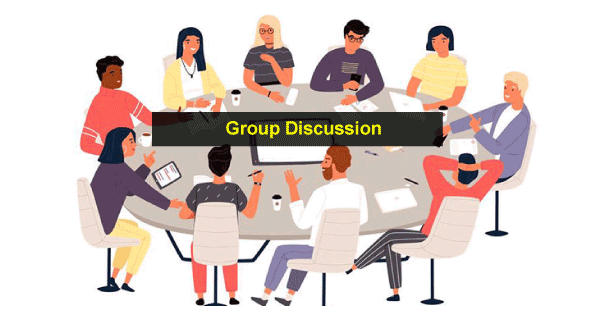
MAIN ACTIVITY
We are going to participate in a round table discussion about lies and liars.
Each of you will have a 2-minute participation where you mention one type of liar and one type of lie. Give examples of how we can spot these in real life (specially on social media).
The teacher will ask you to choose one liar and one type of lie from this article:
Then, prepare in BORs. Come ready with a little speech where you include grammar and vocabulary.
Be ready to ask and answer questions. ![]()
![]()
Discuss:
Do you think there are some type of lies that can benefit your relationships instead of harminging them? If yes, give examples. If not, mention why.
What are some examples of good lies?
What are some examples of bad lies?
PRO-SOCIAL VS ANTISOCIAL LIES
![]()
Do the reading on goal 4C in your book.
Student A: focus on pro-social lies. ("We often hear [...] colleague's feelings")
Student B: focus on anti-social lies. (However, people [...] happy and confident")
Then, explain to each other what you learned about each type of lies.
Together, work on the exercises from the reading.
![]()
After reading:
Make 3 questions related with the reading using the vocabulary words in blue.
Then, use those questions to converse.

How can we know when someone is lying? Are there any physical clues that might indicate so?
What benefits can we get from liespotting?
Would you like to be a professional liespotter? Explain
After watching:
- How would you describe this presentation? Use any of the adjectives HERE..
- Write two specific things you learned from this presentation.
- If you could ask this speaker a question about his information or presentation, what would you ask?
- Give one piece of constructive criticism that would improve the presentation.
Main Activity

PODCAST
You and your group will create a podcast about lying.
In your group, gather a panel of professionals that you could invite to create a podcast with.
If there are 3 members in the group, decide what type of professionals they could be to contribute in a podcast.
Eg: a psychologist, a professional liespotter, and a social media expert.
Then, decide:
- Name of the podcast
- General description of it
- Topic of the first episode (include some of the topics we have studied in the course: types of lies and liers, lies on social media, liespotting, etc).
When you come back to the main session, you should present your podcast to classmates and teachers.
After presenting, you should address questions from the audience.

LIAR LIAR!
Ask your classmates questions to find out if they are lying or not.

Watch the following video and do the exercises:
Vocabulary ![]()
Vocabulary: Truth and lie ![]()
Open the activity HERE


![]() Listen to a conversation about stretching the truth in a job interview.
Listen to a conversation about stretching the truth in a job interview.
![]() Write down some useful expressions you could employ when conversing about this topic.
Write down some useful expressions you could employ when conversing about this topic.
![]() Discuss (use the expressions from the activity above) :
Discuss (use the expressions from the activity above) :
Is it important to be completely honest in a job interview? Why?
Have you ever lied or stretched the truth in a job interview? If not, do you anyone who has done it?
Why do people lie in job interviews?
 Practice:
Practice:
Write down possible 3 questions that are commonly asked in job interviews.
Then, discuss with classmates in which questions you could stretch the truth on, in which ones you have to be absolutely honest, and in which ones you could lie.
 S O C I A L M E D I A L I E S
S O C I A L M E D I A L I E S
Read THIS article with a classmate.
Answer: ![]()
Why do people lie on social media?
Have you lied on your social networks?
Have you ever posted something that wasn't true and regreted it immediately?
What would be the most common lies people tell on social media?
Discuss:
Open THIS document and discuss whether the examples you see are real or not. Speculate by copying the sentences included; you can also check the box on page 54.

EXTRA PRACTICE
Speculate about these images:
GROUP DISCUSSION ![]()
We are having a group discussion about whether it is convenient to "stretch the truth" in social media, relationships, and other scenarios.
Each of you will adopt a role, and all your answers must come from that role.
Roles:
Psychologist
Lie spotter
Social media expert
Marketing specialist
Each of you should participate at least three times (speaker card).
Answer:
Can lying on social media have negative effects on people? Justify your answer.
When do you consider that lying is good? Give examples.
Would you lie to a love partner, friend, or family member? Explain.
What can be some benefits of lying on social media?
For each participation, take 1 minute to 1:30 minute to answer.
![]() Participation card (you must have at least 2)
Participation card (you must have at least 2)
![]() Question card (you must have at least 1)
Question card (you must have at least 1)
Speculate about these images:
![]()
Discuss:
Do you think there are some type of lies that can benefit your relationships instead of harminging them? If yes, give examples. If not, mention why.
What are some examples of good lies?
What are some examples of bad lies?
PRO-SOCIAL VS ANTISOCIAL LIES
![]()
Do the reading on goal 4C in your book.
Student A: focus on pro-social lies. ("We often hear [...] colleague's feelings")
Student B: focus on anti-social lies. (However, people [...] happy and confident")
Then, explain to each other what you learned about each type of lies.
Together, work on the exercises from the reading.
![]()
After reading:
Make 3 questions related with the reading using the vocabulary words in blue.
Then, use those questions to converse.

How can we know when someone is lying? Are there any physical clues that might indicate so?
What benefits can we get from liespotting?
Would you like to be a professional liespotter? Explain
After watching:
- How would you describe this presentation? Use any of the adjectives HERE..
- Write two specific things you learned from this presentation.
- If you could ask this speaker a question about his information or presentation, what would you ask?
- Give one piece of constructive criticism that would improve the presentation.
Main Activity

PODCAST
You and your group will create a podcast about lying.
In your group, gather a panel of professionals that you could invite to create a podcast with.
If there are 3 members in the group, decide what type of professionals they could be to contribute in a podcast.
Eg: a psychologist, a professional liespotter, and a social media expert.
Then, decide:
- Name of the podcast
- General description of it
- Topic of the first episode (include some of the topics we have studied in the course: types of lies and liers, lies on social media, liespotting, etc).
When you come back to the main session, you should present your podcast to classmates and teachers.
After presenting, you should address questions from the audience.
________________________________________________________________________
U 5
CHALLENGES AND SUCCESS
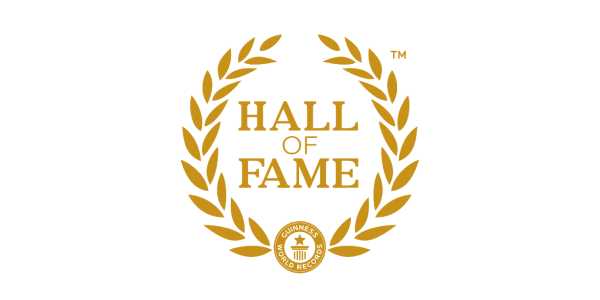
Find HERE a link of the Guiness Record's Hall of Fame. Take a look at some of the records broken recently.
Discuss ![]()
1. What have been the biggest challenges you faced in your professional life? In your personal life? Explain
2. What have been your biggest achievements?
3. What would be your best piece of advice for someone who is chasing a goal?
4. (your question here)
Click HERE to find alternatives to give your opinion.
Vocabulary ![]()
Let's build a class dictionary about the words/phrases needed for this unit. You will write a definition for the word (try to use your own words, only if you do not know the word, use a web's dictionary) and a sentence using it.
Edit in the following document. ![]()
Practice
Draw at least 5 cards and include the word you have in your answer immediately.
Choose one of these questions to answer:
1. Can you think of a time in your life when you had to overcome a challenge?
2. What has been your biggest achievement?
3. What is an achievement you'd like to have in the future?

GALLERY OF GREAT ACHIEVERS
Present to the class one great achiever from any field. We will build a gallery of great achievers.
Include:
- Name, nationality, day of birth
- What they achieved and how
- What their contribution to the world was.
After you finish hearing what your classmates presented, build a review of one of the great achievers mentioned and how their story could (or could not) represent one of a challenges and success. Go to collaborations.
Check out this timeline of the invention of social media:
By the time Youtube was created, Facebook had already been founded.
After Tumblr had been developed, people thought of doing something like instagram.
Create two sentences using the timeline and copying the sentences above.
1. ....
2. ....


ROLE PLAY![]()
Student A: you are a motivational speaker who is giving a talk about great achievements. You are gathering testimonies from people to set as examples in your life. Interview the person you have in front of you.
Student B: you are person who has had big achievements in the field of __________. Give your testimony on how you achieved each of your milestones. Answer the motivational speaker's questions.
Ideas for St A:
- Ask about what they overcame.
- Ask about the motivation they had.
- Ask about what advice they would give.
- Ask about what else they want to achieve.
Ideas for St B:
- Mention where you come from.
- Mention biggest challenges.
- Mention what the process was like.
- Mention abilties needed to succeed.
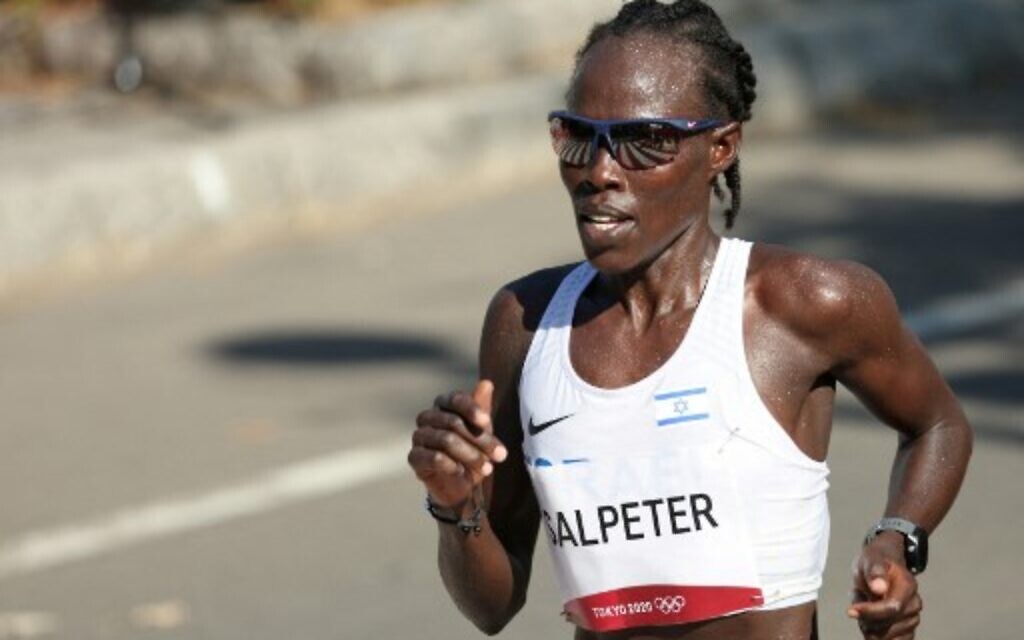
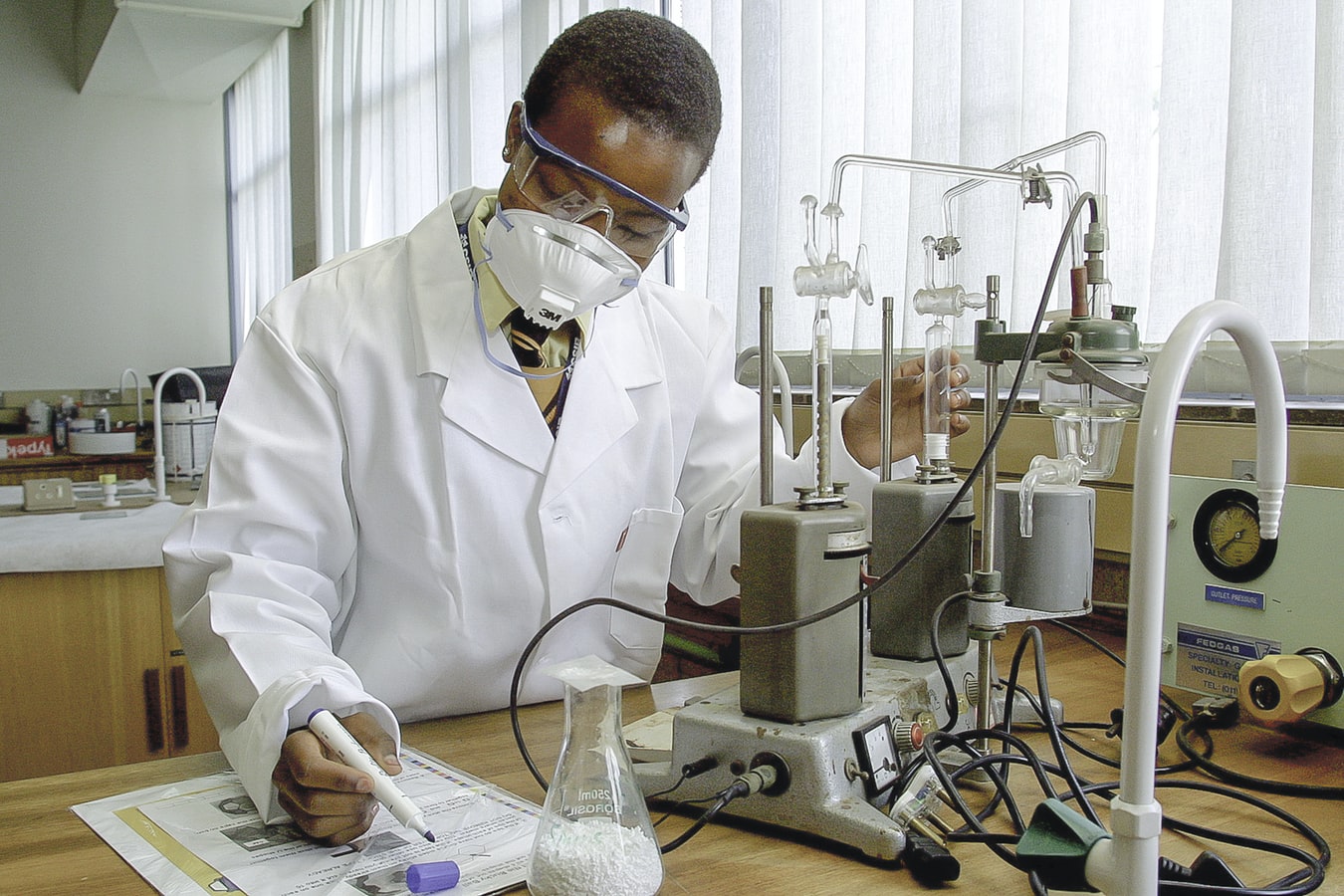
Marathon Runner Nuclear Scientist
These two can be very different challenges.
Discuss:
Which of these challenges are you more likely to take up?
What can be the difference between having the challenge of running marathons or being a nuclear scientist?
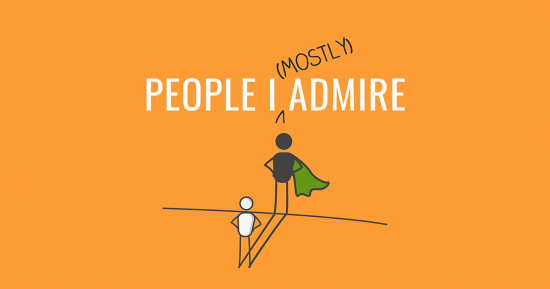
Choose a person that you really admire (it can be someone you know, a famous celebrity, an artist, etc).
Talk about some of the achievements they have had.
Use the following expressions:
Really tough - Back then - Proud of him/herself - Push oneself - Hard work and training - After that
one of their biggest achievements - win (something) - Now, ...
![]()
Discuss whether the statements are true or false.
A woman lasted 28 seconds to make a very difficult math equation in her head.
A guy ran a marathon shirtless with a temperature of -29C°
A men ran 50 marathons, in 50 days, in 50 states of the US.
An English girl could read 4700 words in 1 minute (the average is 220-300 words)
A 10-year-old Russian girl could move the weight of 4 grown men.
Check out this timeline of the invention of social media:
By the time Youtube was created, Facebook had already been founded.
After Tumblr had been developed, people thought of doing something like instagram.
Create two sentences using the timeline and copying the sentences above.
1. ....
2. ....


Practice
LINK 2: PAST PERFECT AND SIMPLE PAST
Conversation Practice
Simple past or Past perfect?
Making Up A Story
We are going to build a story collectively. Each picture should be a way to connect the story.
You can only use past tenses:
Past Simple
Past Continous
Past Perfect
Past Perfect Continous

Extra Practice ![]()
Past Perfect vs Past Perfect Continous
Past Perfect Continous vs Past Simple
Conversation Activity
Pretend that you are one of the "Super Humans" from the infographic on page 66.
Tell how you trained to break the record that you broke. Include past perfect and past perfetc continous.
Use this table of contents to evaluate your classmate.
Click HERE
MAIN ACTIVITY

We are going to host a radio show about the most succesful women in the world. Each of you is going to prepare a small timeline of the greatest achievements of the woman you chose. (click HERE to see how to make a timeline).
In your timeline, you must include:
- A small bio of the woman you chose, her achievements, and challenges.
- At least 4 sentences using past perfect.
- Vocabulary words.

Extra Practice ![]()
Past Perfect vs Past Perfect Continous
Past Perfect Continous vs Past Simple
Conversation Activity
Pretend that you are one of the "Super Humans" from the infographic on page 66.
Tell how you trained to break the record that you broke. Include past perfect and past perfetc continous.
Use this table of contents to evaluate your classmate.
Click HERE
 L I N K I N G
L I N K I N G
Pay attention do the following image. What do you notice?
What do the red arrows indicate?
What do the yellow squares indicate?


Common Intonation:
- Rising:
At the beginning of a sentence
In an introductory phrase
At the end of yes-no questions
At the beginning of wh questions
In items of a list
- Falling:
To conclude a sentence
In the last item of a list
At the end of phrases

What do you think about magicians?
What type of challenges do they have?
Do the reading with a classmate.
Build a glossary for the reading (words that you did not know what they meant or that you found interesting).
Build it HERE.
FIND OUT THE SECRETS OF A MAGICIAN
ST A: magician David Blaine
ST B: journalist trying to find out secrets
Have a conversation where the journalist is trying to find out the secrets behind magicians.
The magician is going to interact by answering the questions and telling about their best anecdotes.

Have you ever heard of underwater magicians?
What could be some drawbacks of their job?
Are there challanges from being a magician? Like what?

ART GALLERY OF ACHIEVEMENTS
Follow the instructions on page 74, exercise A and B.
Choose two achievers from two different fields.
Post a picture of them and their achievements in the art gallery the teacher will show you.
Include vocabulary words from the reading and TED talk.
![]() Discuss:
Discuss:
How can you compare the achievements from people in the art gallery from those David Blaine had? Are they similar? Are they different?
What does it take to become a person as succesful as the ones in th art gallery. Give examples.
CHALLENGES AND SUCCESS

Find HERE a link of the Guiness Record's Hall of Fame. Take a look at some of the records broken recently.
Discuss ![]()
1. What have been the biggest challenges you faced in your professional life? In your personal life? Explain
2. What have been your biggest achievements?
3. What would be your best piece of advice for someone who is chasing a goal?
4. (your question here)
Click HERE to find alternatives to give your opinion.
Vocabulary ![]()
![]()
If you could interview someone who has broken a record or achieved something, what would you ask them?
Share with your classmates possible questions, and, if you want to, check again the list of Guiness Records Winners.
Include these words in your conversation:
Set a record Face a challenge Reach a goal
Overcome Compete against Push yourself
Breaking point Endure
Let's build a class dictionary about the words/phrases needed for this unit. You will write a definition for the word (try to use your own words, only if you do not know the word, use a web's dictionary) and a sentence using it.
Edit in the following document. ![]()
Practice
Draw at least 5 cards and include the word you have in your answer immediately.
Choose one of these questions to answer:
1. Can you think of a time in your life when you had to overcome a challenge?
2. What has been your biggest achievement?
3. What is an achievement you'd like to have in the future?


Marathon Runner Nuclear Scientist
These two can be very different challenges.
Discuss:
What abilitie should one have to become a marathon runner? What about a nucelar scientist?
What can be the differences and similarities between running marathons and being a nuclear scientist?
Which of these challenges are you more likely to take up?

![]() After listening:
After listening:
Work on answering the questions HERE , include the time expressions from THIS image.
ROLE PLAY![]()
Student A: you are a motivational speaker who is giving a talk about great achievements. You are gathering testimonies from people to set as examples in your life. Interview the person you have in front of you.
Student B: you are person who has had big achievements in the field of __________. Give your testimony on how you achieved each of your milestones. Answer the motivational speaker's questions.
Ideas for St A:
- Ask about what they overcame.
- Ask about the motivation they had.
- Ask about what advice they would give.
- Ask about what else they want to achieve.
Ideas for St B:
- Mention where you come from.
- Mention biggest challenges.
- Mention what the process was like.
- Mention abilties needed to succeed.
![]()
Discuss whether the statements are true or false.
A woman lasted 28 seconds to make a very difficult math equation in her head.
A guy ran a marathon shirtless with a temperature of -29C°
A men ran 50 marathons, in 50 days, in 50 states of the US.
An English girl could read 4700 words in 1 minute (the average is 220-300 words)
A 10-year-old Russian girl could move the weight of 4 grown men.
Check out this timeline of the invention of social media:
By the time Youtube was created, Facebook had already been founded.
After Tumblr had been developed, people thought of doing something like instagram.
Create two sentences using the timeline and copying the sentences above.
1. ....
2. ....


Practice
LINK 2: PAST PERFECT AND SIMPLE PAST
Conversation Practice

Simple past or Past perfect?

Extra Practice ![]()
Past Perfect vs Past Perfect Continous
Past Perfect Continous vs Past Simple
Conversation Activity
You will talk for at least 1 minute about the topics seen in the activity. Use as many past tenses as you can, specially past perfect simple and continous.
Peer-evaluation: Click HERE
Main Activity
The class will become superhuman from the infographic, and you will give a seminar about your achievements to inspire the audience.
-Click in the link according to the number you got and create a brief presentation about who you are
-In your presentation, cover aspects such as what you had done before your top challenges and past accomplishments.
-If you want to, you can present your achievements as a time-line.
-Include vocabulary, grammar from the unit, and expressions of time.
-The audience will ask questions to the presenters
Your speech should last 2-3 minutes.


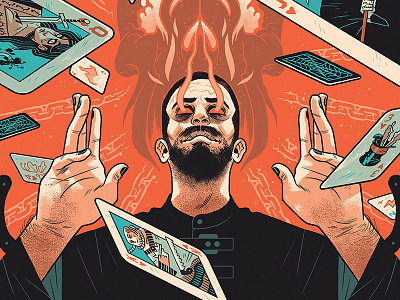
1. What are some activities that require a lot of endurance? Is doing magic part of those activities?
2. Do you consider the reading will transform your understanding of magic?
3. When was the last time something or someone made you gasp in astonishment?
4. What are some difficult stunts magicians perform?
5. Do you believe magicians normally receive positive reactions? Why or why not?
 L I N K I N G
L I N K I N G
Pay attention do the following image. What do you notice?
What do the red arrows indicate?
What do the yellow squares indicate?


Common Intonation:
- Rising:
At the beginning of a sentence
In an introductory phrase
At the end of yes-no questions
At the beginning of wh questions
In items of a list
- Falling:
To conclude a sentence
In the last item of a list
At the end of phrases
![]()
Do the reading on goal 5C of your book.
The teacher will assing you a paragraph about David Blaine's life.
Explain that paragraph using past tenses:
Simple past, past perfect, and past perfect continous.
Student A: Early life
Student B: The start of a career
Both have to read the intro and conclusion

You will become David Blaine.
Record a podcast talking about one of these topics:
1. What it takes to be succesful
2. How to overcome challenges
3. Importance of resilience and endurance
4. Your testimony about breaking challenges
Record HERE and post it.
__________________________________________________________________________________
U 6
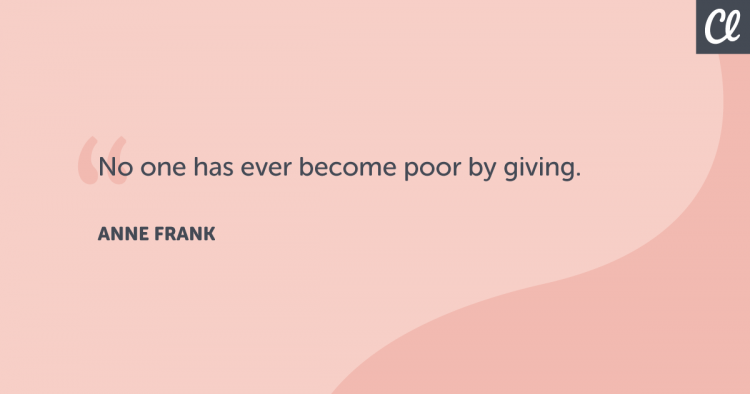


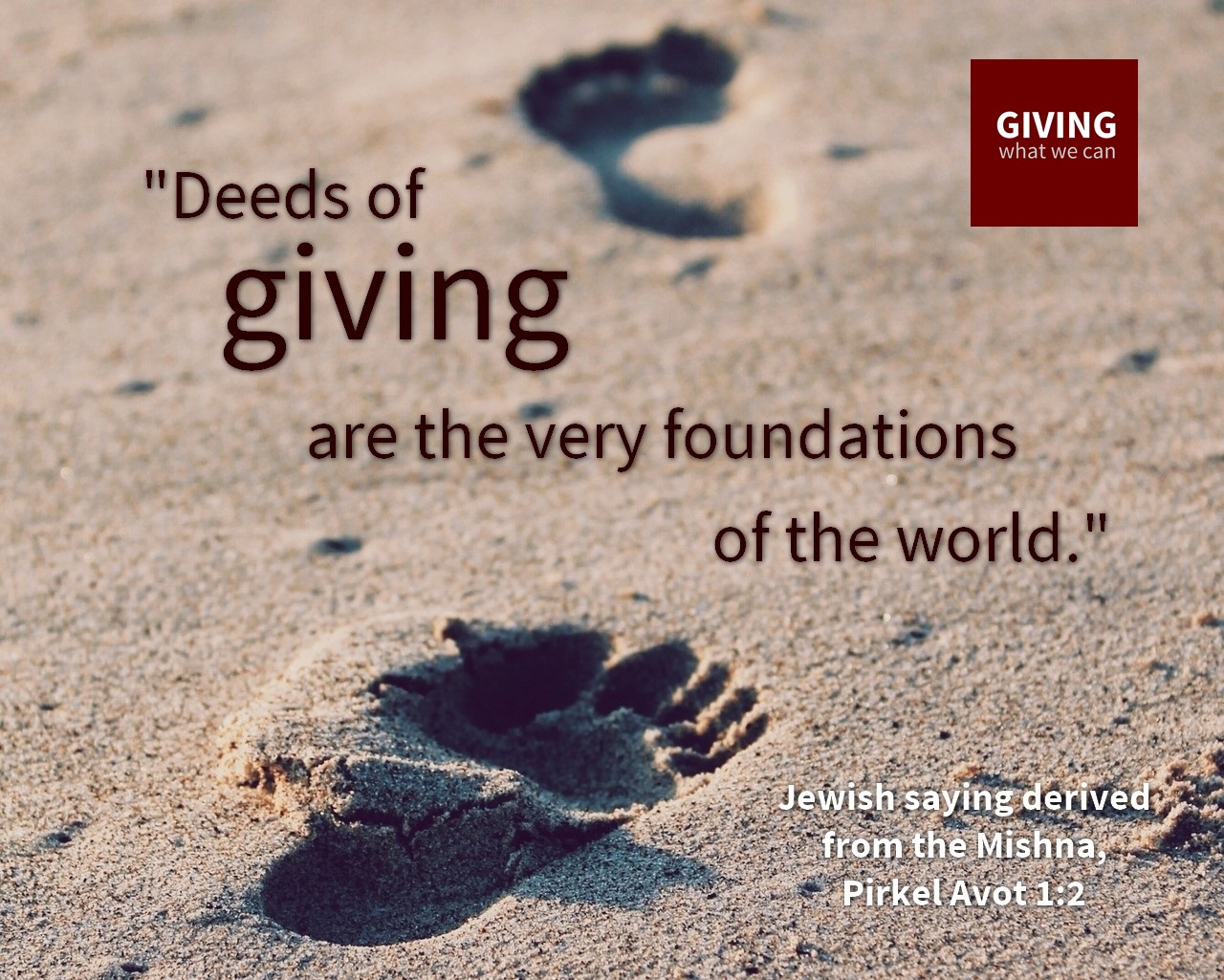
![]() Click here to get the activity
Click here to get the activity
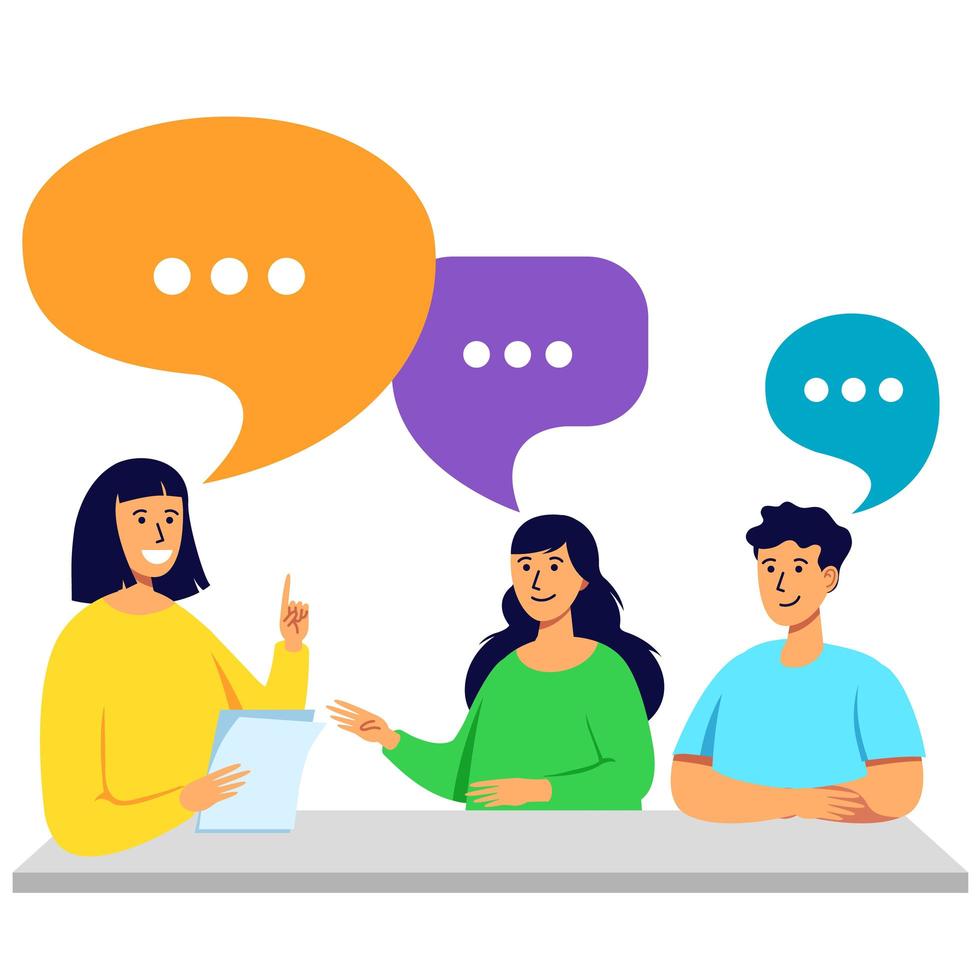 Discuss with your group the questions in THIS document. Follow instructions.
Discuss with your group the questions in THIS document. Follow instructions.
Vocabulary ![]()
Work on the following document. Write down different expressions using those verbs.
Book 76
PRACTICE ![]()
Spin the wheel and try to use the word/phrase you get in one question that is related with the topic of Money.
Ask your classmate that question and try to relate it the topic of the unit.
Choose a role to answer:
- An investor
- A business specialist
- A director of a charity foundation
- A crowdfunder
![]() Listen to the co-funder of Piper.
Listen to the co-funder of Piper.
Take notes and answer the following questions:
- What is the product and what does it do?
- What is the reason behind the product?
- How does crowdfunding work?
- What do people who contribute get in return?
- What are the benefits of crowdfunding mentioned?
- What is the gist/main idea of the video?
Practice
Create a small paragraph where you talk about your opinion on charity and donations. Include as many punctuation marks as possible.
Edit the document we have been working with lately.
![]()
After you finish, open the document and discuss other people's opinions about it.
Which opinions do you agree with?
Which ones do you disagree with?
What is yout general perspective about it?
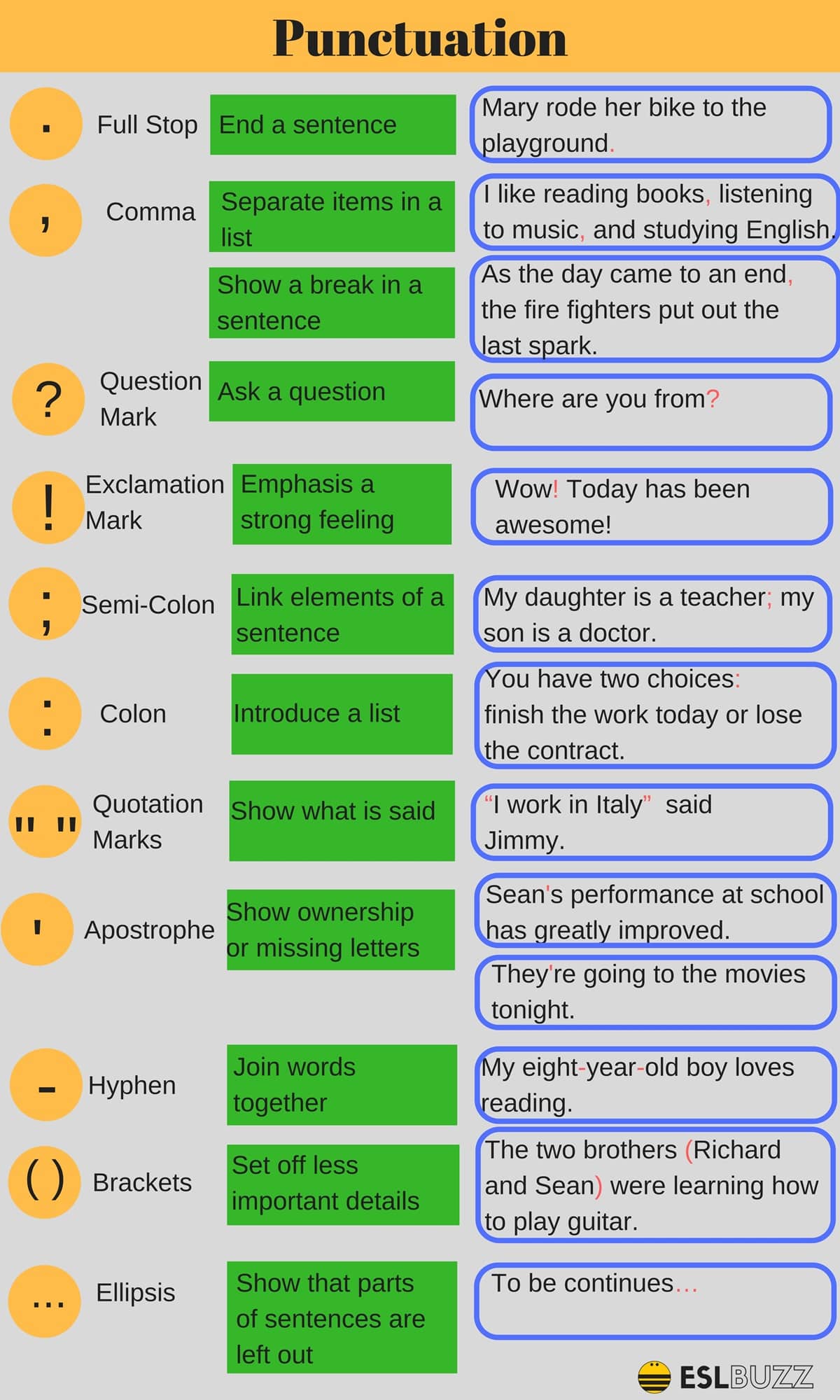


Go to THIS website. Find one project that you were hired to promote.
You will present about this project to a group of investors who will donate money to promising projects.
Be ready to:
-Give detailed information about the project chosen
-Persuade people to donate by using good argumentation (talk how succesful, feasible, and outstanding it could be)
-Answer any questions the investors may have about the idea.
Roles: promoter and investor
Budget for investors: $10.000 (you can give all your money to one project, or split in 2 or 3)

What are your habits when it comes to saving money?
Is it important for you to save up money every month? Explain
What do you save money for?
Grammar Intro
Work on the activity the teacher has. Make as many new combinations as possible.
What is the name of those verb combinations?
Grammar Overview
Which is correct? 
She got on the bus.
She got the bus on.
Work on THIS link to find out more examples like this.
![]()
![]()
![]()
"Save money and money will save you"
"You must spend money to save money"
Which of those two phrases do you prefer? Mention why.
![]()
Discuss:
What are your habits when it comes to saving money?
Is it important for you to save up some money every month? Explain
What do you usually save money for?
Let's take a look in the book to see what some people save for.
![]()
Grammar Clue
![]()
Which is correct?
They gave up saving money for their trip.
They gave money for their trip up.
Work on THIS link to find out more examples like those.
![]()
Extra Practice:

PRACTICE
What would a monthly budget include for you?
In pairs, make a budget with the essential things a person with an average salary has to include.
Share your budget with a classmate.
Include in it the following phrasal verbs:
put asside - bring in - do without - look into - find out - think over - spread out - set asside - give up - give away
Then, get together with another team and compare your ideas for a budget.
You can get some ideas from THIS chart.

What would a monthly budget include for you?
Make a budget with the essential things a person with an average salary has to include.
Share your budget with a classmate.
Include in it the following phrasal verbs:
put asside - bring in - do wothout - look into - find out - thin over - spread out - set asside - give up - give away
Main Activity
St A: a costumer in need of help. | St B: a financial advisor
St A: You are having problems with your finances, so you are going to ask a financial advisor for help to make a budget. Tell them your income per month. Also, you will ask for advice on how to save money in a more efficient way.
In your budget, include:
Ask for:
% suggested for food
% suggested for enterntainment
% suggested for transportation
% suggested any loans you may have
% suggested for services
% suggested for other expenses
% suggested for savings
St B: give advice on the different items from the budget. Answer any questions. Give recommendations about the most proper way to organize one's budget. Give suggestions for the different percentages and options they have to organize.
Talk about:
- Advantages of having a budget
- Suggestions to organize it
- The importance of saving
- Prioritazing expenses.
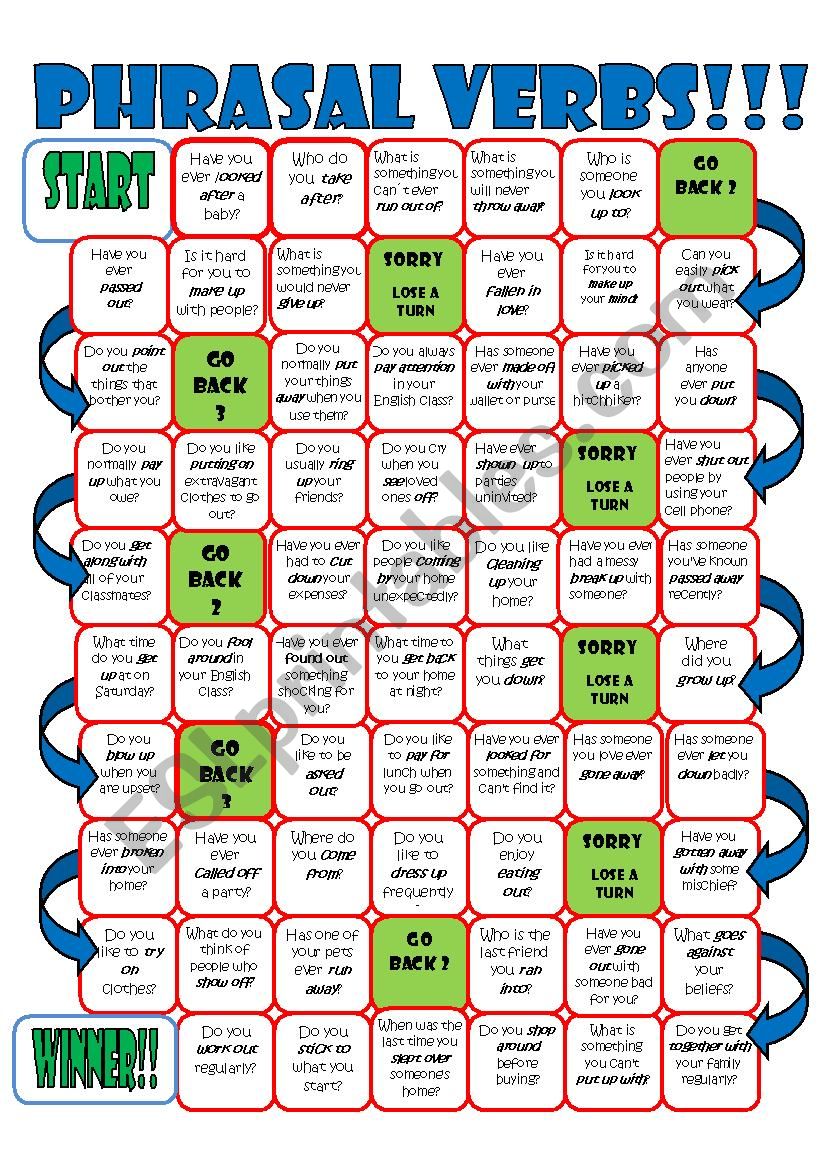
Extra Practice:

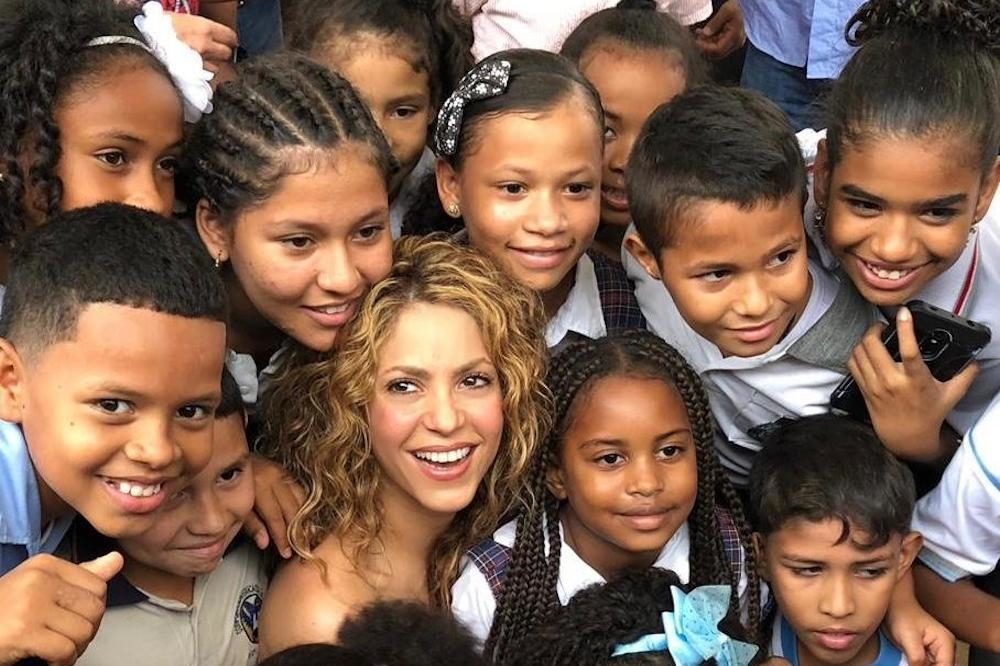
What do you know about celebrities and their contribution to the poor?
Would you donate to a foundation started by a famous person?
What do you know about Bill and Melinda Gates and their foundation?
Vocabulary
Work on the following activity that introduces vocabulary from the TED and reading.
30s
45s
1 minute timer
![]()
You will be assigned a part of the reading.
Read it and come back to do the following analysis:
Explain in brief what you read about.
How has this couple contributed with others?
Do you consider what they do effective? Does it really help people?
Would you support what this couple does?
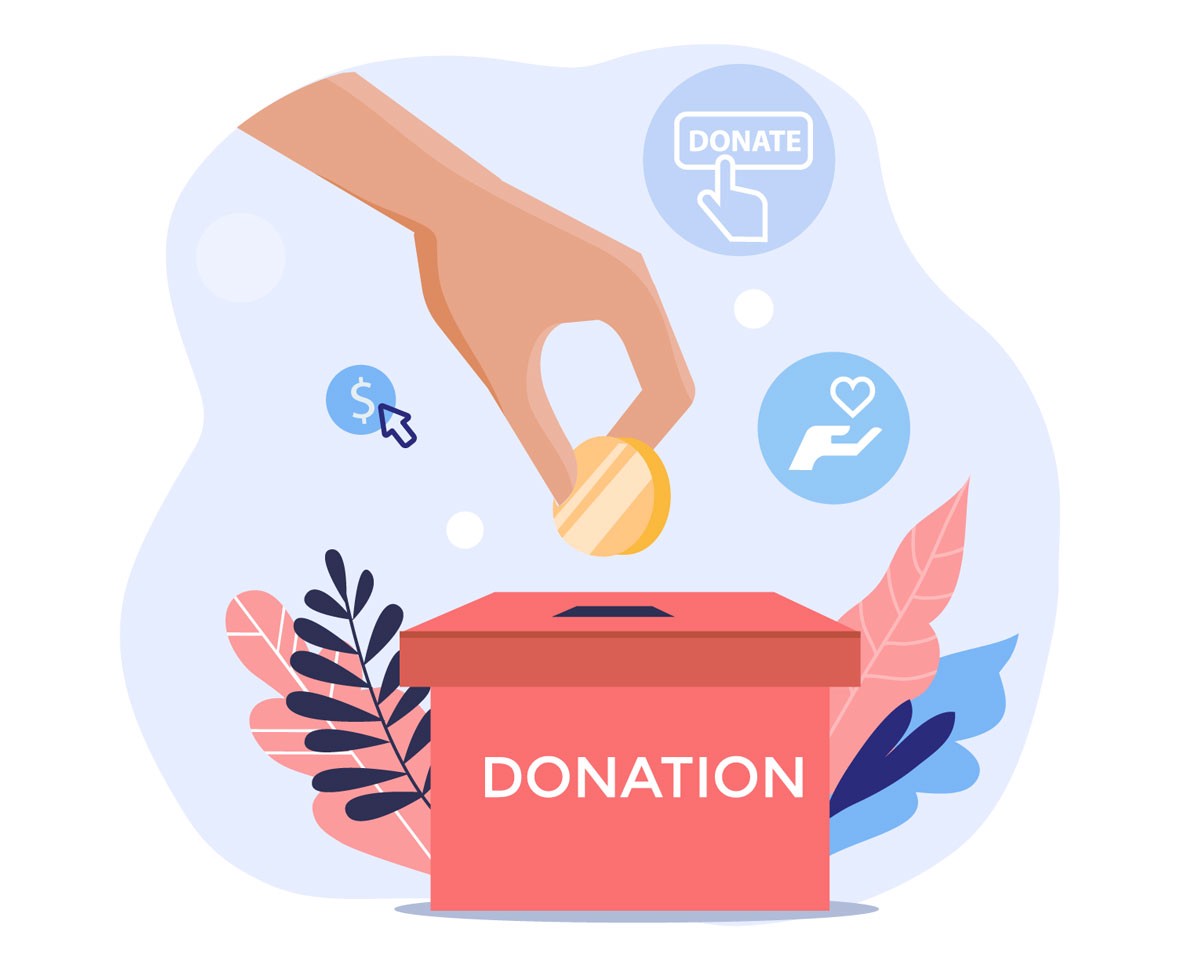
St A: you will be a representant from Shakira's foundation "Pies Descalzos". You have to present as many pieces of information as possible about the foundation, its mission, its vision, and its general values. Convince the donor to give you the donation.
St B: you will be a representant from Bill and Melinda Gate's foundation. You have to present as many pieces of information as possible about the foundation, its mission, its vision, and its general values. Convicne the donor to give you the donation.
St C: you have $5000 to donate to a foundation. Ask as many questions as possible to the representants of the foundation. Inform yourself to decide the best option.

What would you ask Bill and Melinda if you could interview them?
Write down 2-3 questions.
Then, discuss with your classmates what they would possibly answer.




![]() Click here to get the activity
Click here to get the activity
 Discuss with your group the questions in THIS document. Follow instructions.
Discuss with your group the questions in THIS document. Follow instructions.
Vocabulary ![]()
Work on the following document. Write down different expressions using those verbs.
Book 76
PRACTICE ![]()
Spin the wheel and try to use the word/phrase you get in one question that is related with the topic of Money.
Ask your classmate that question and try to relate it the topic of the unit.
Choose a role to answer:
- An investor
- A business specialist
- A director of a charity foundation
- A crowdfunder
![]() Listen to the co-funder of Piper.
Listen to the co-funder of Piper.
Take notes and answer the following questions:
- What is the product and what does it do?
- What is the reason behind the product?
- How does crowdfunding work?
- What do people who contribute get in return?
![]() Writing to someone
Writing to someone


![]() Sample Email:
Sample Email:
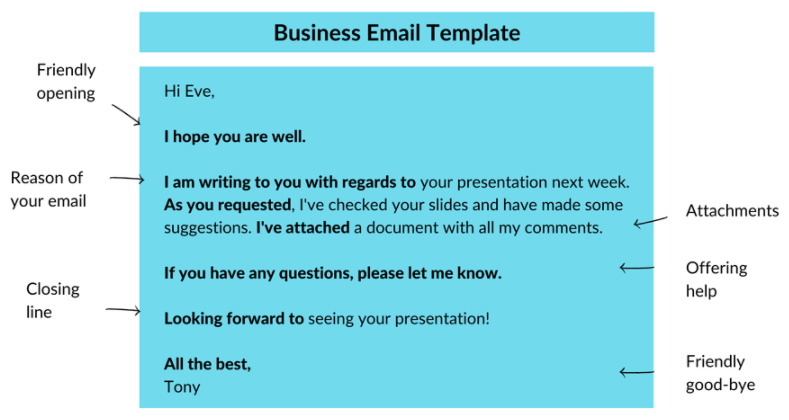
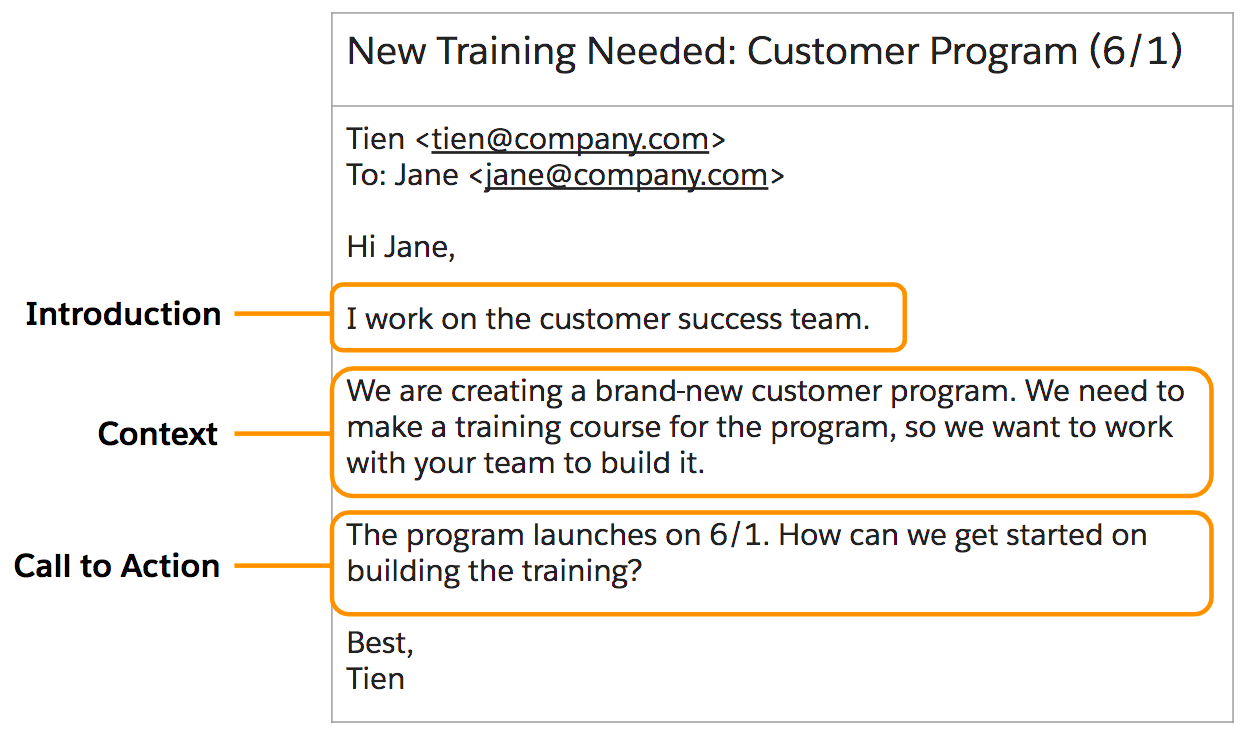

Go to THIS website. Find one project that you were hired to promote.
You will present about this project to a group of investors who will donate money to promising projects.
Be ready to:
-Give detailed information about the project chosen
-Persuade people to donate by using good argumentation (talk how succesful, feasible, and outstanding it could be)
-Answer any questions the investors may have about the idea.
Roles: promoter and investor
Budget for investors: $10.000 (you can give all your money to one project, or split in 2 or 3)
WARM UP
Make a question to your classmates using the phrase you get
![]()
![]()
![]()
"Save money and money will save you"
"You must spend money to save money"
Which of those two phrases do you prefer? Mention why.
![]()
Discuss:
What are your habits when it comes to saving money?
Is it important for you to save up some money every month? Explain
What do you usually save money for?
Take a look at THIS image and analyze it with classmates.
Discuss:
Which country saves the most?
What do they save for?
Let's take a look in the book to see what some people save for.
![]()
Grammar Clue
![]()
Which is correct?
They gave up saving money for their trip.
They gave money for their trip up.
Work on THIS link to find out more examples like those.
![]()
Extra Practice:
![]()
Post HERE your best piece of advice when it comes to saving.
Discuss with classmates which ones you have applied before and which ones you haven't
Use the phrasal verbs.

Main Activity
What would a monthly budget include for you?
Watch the following video, what are some new things you learned?
Apply all the new things to the activity below.
ST A:
ST B:
Both you and your classmates will prepare a budget.
In pairs, make a budget with the essential things a person with an average salary has to include.
Share your budget with a classmate.
Include in it the following phrasal verbs:
put asside - bring in - do without - look into - find out - think over - spread out - set asside - give up - give away
Then, get together with another team and compare your ideas for a budget.
You can get some ideas from THIS chart.

Extra Practice:


What do you know about celebrities and their contribution to the poor?
Would you donate to a foundation started by a famous person?
What do you know about Bill and Melinda Gates and their foundation?
Vocabulary
Work on the following activity that introduces vocabulary from the TED and reading.
30s
45s
1 minute timer
![]()
You will be assigned a part of the reading.
Read it and come back to do the following analysis:
Explain in brief what you read about.
How have those foundations contributed with others?
Do you consider what they do effective? Does it really help people?

St A: you will be a representant from Shakira's foundation "Pies Descalzos". You have to present as many pieces of information as possible about the foundation, its mission, its vision, and its general values. Convince the donor to give you the donation.
St B: you will be a representant from Bill and Melinda Gate's foundation. You have to present as many pieces of information as possible about the foundation, its mission, its vision, and its general values. Convicne the donor to give you the donation.
St C: you have $5000 to donate to a foundation. Ask as many questions as possible to the representants of the foundation. Inform yourself to decide the best option.

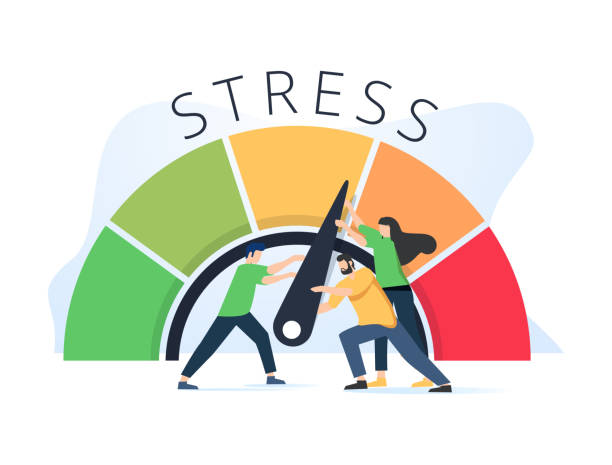





Comentarios
Publicar un comentario